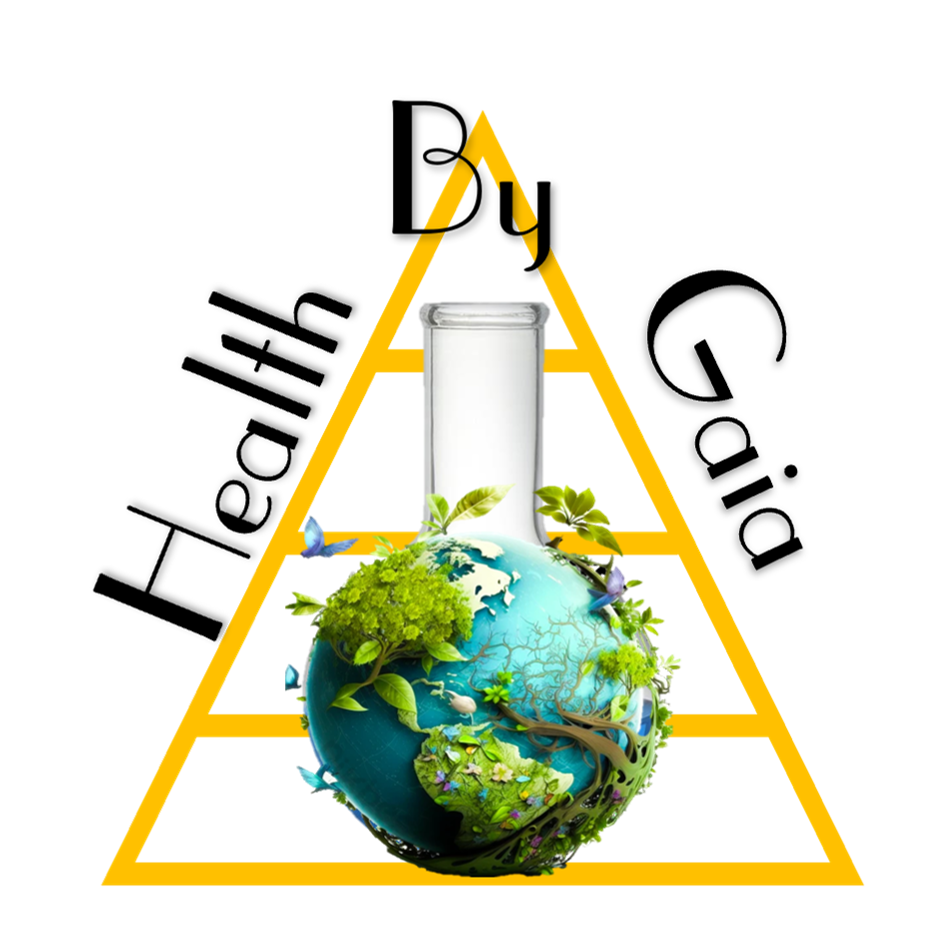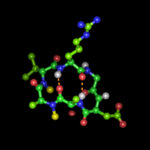Overview:
History:
There are different types of oregano. The most common type is Oregano vulgare, also known as Spanish thyme and wild marjoram.
People use oregano in the diet as supplements and as an aromatic oil. The antioxidants thymol, carvacrol, limonene, terpinene, ocimene, and caryophyllene give the herb its flavor and scent. They also contribute to the health benefits of oregano oil. Oregano provides other antioxidants when people consume it in the diet.
Extended Information and Mechanisms of Benefits:
People around the Mediterranean region have used oregano for centuries in herbal medicine to treat many ailments, including:
- skins sores
- aching muscles
- asthma
- cramping
- diarrhea
- indigestion
- colds
- to boost overall health
Scientists need to do more research to confirm the benefits of using oregano, but there is some evidence that it could help:
- fight bacteria
- relieve inflammation
- regulate blood sugar and lipids
- fight cancer
Oregano and other herbs provide antioxidants. Dietary antioxidants help the body eliminate free radicals, which are toxic substances that result from natural processes and environmental stresses. A buildup of free radicals can trigger oxidative stress. Oxidative stress can lead to cell damage that may result in various diseases, including cancer and diabetes.













